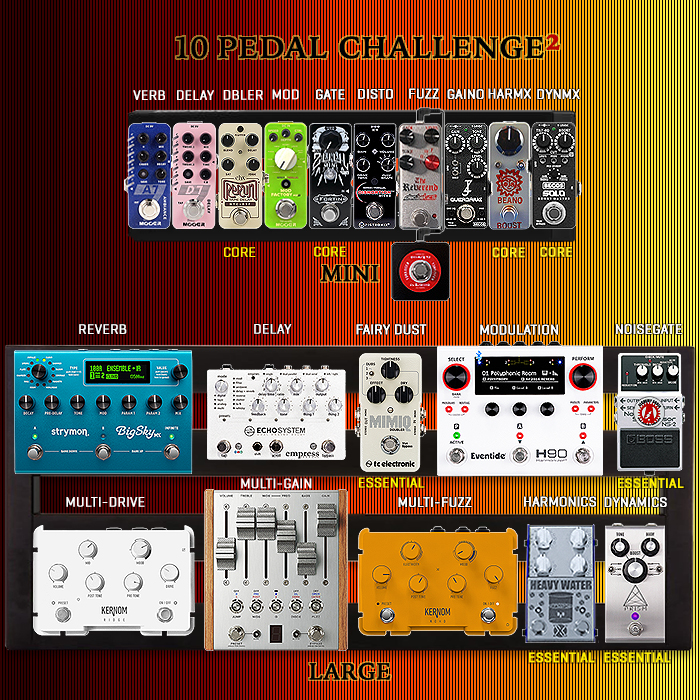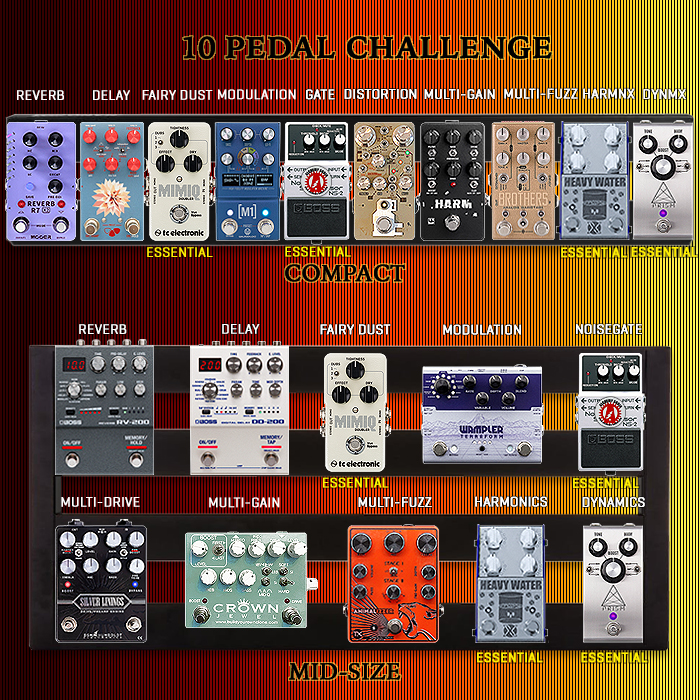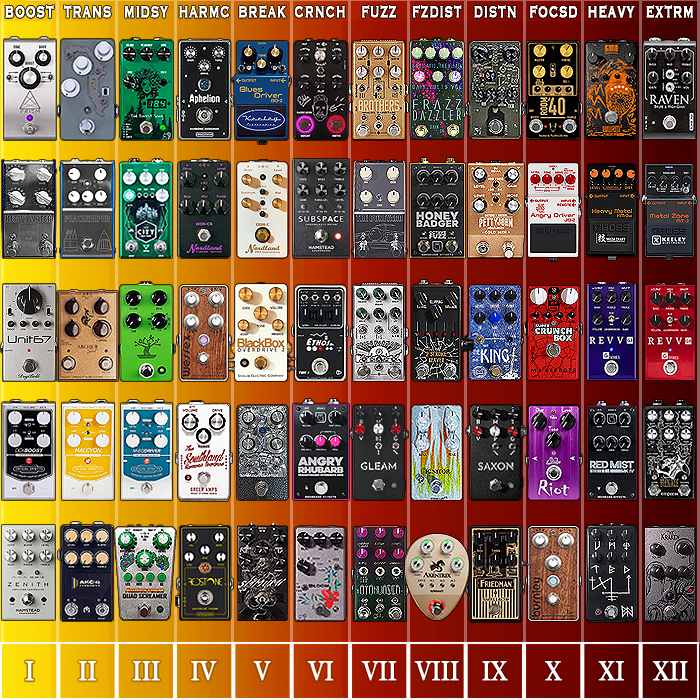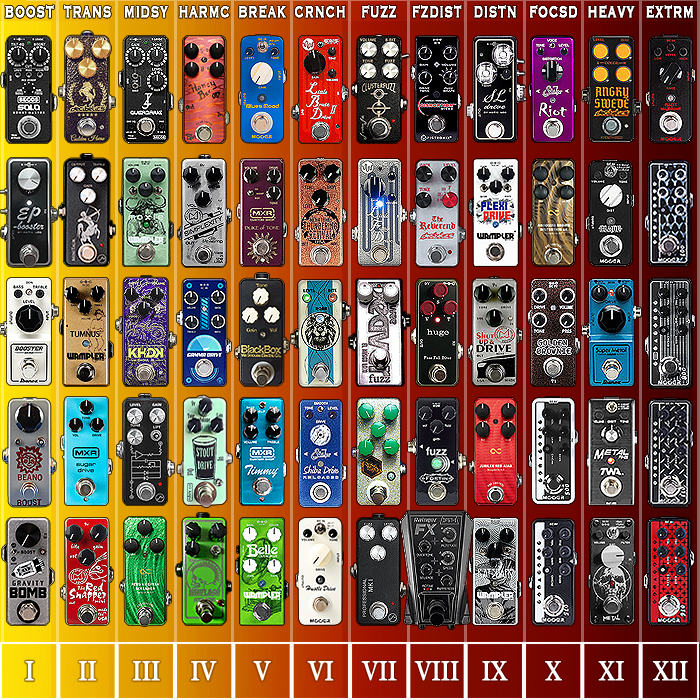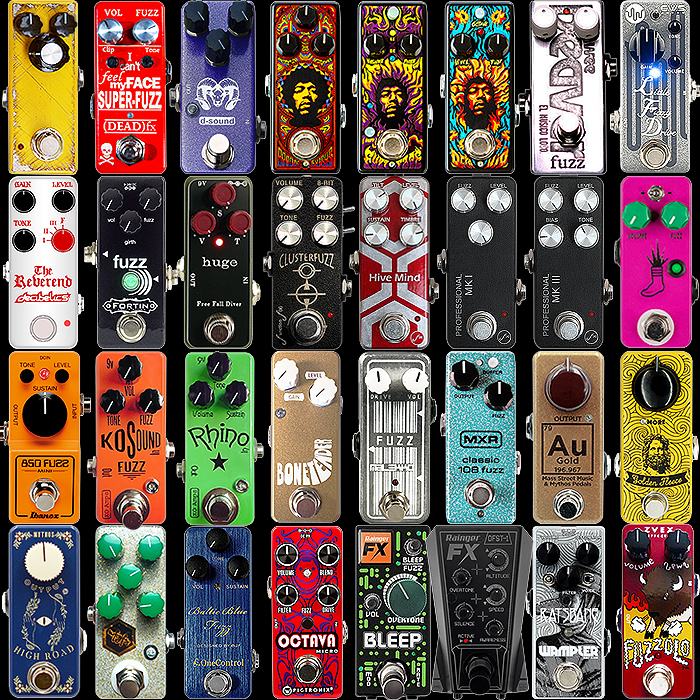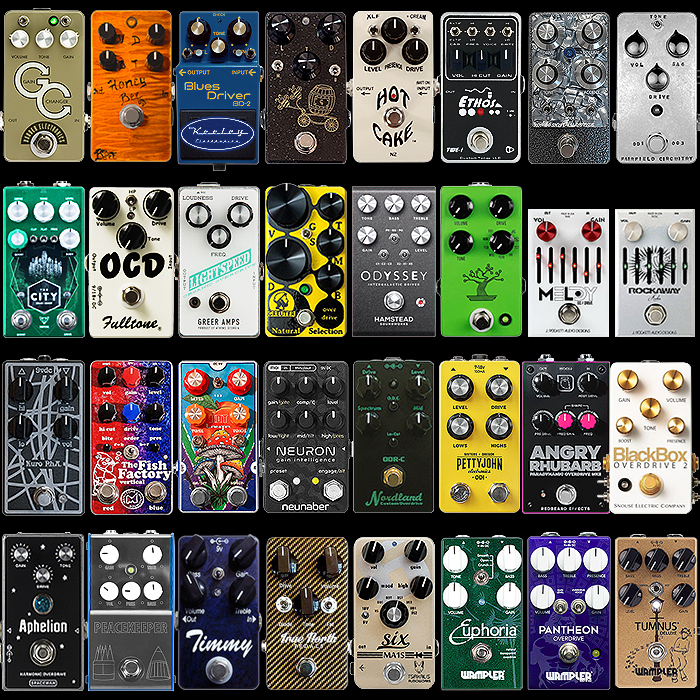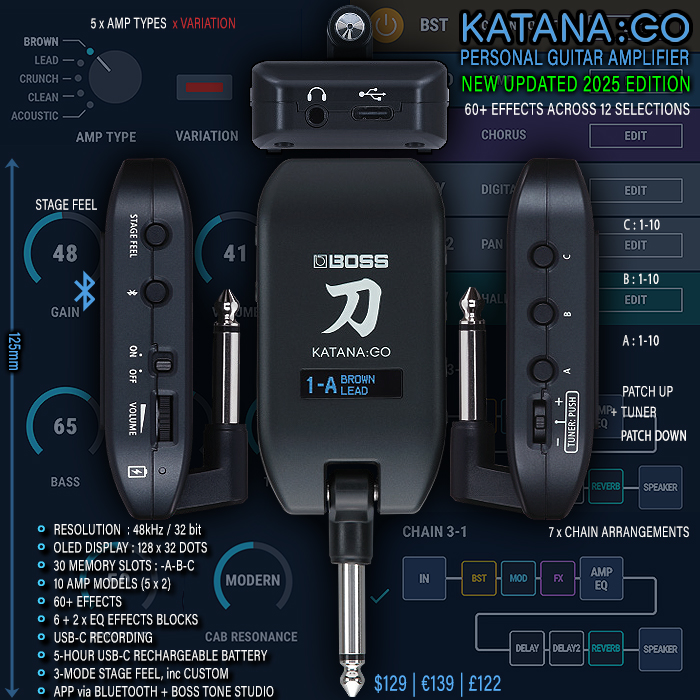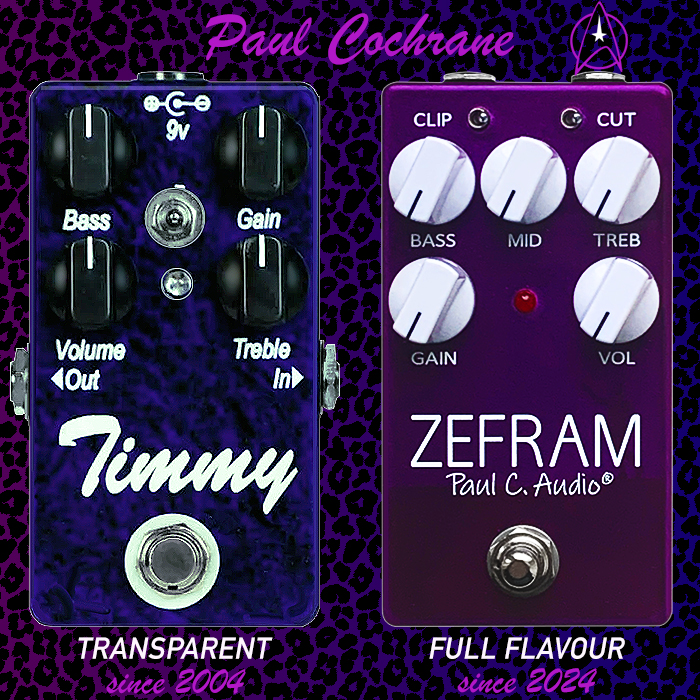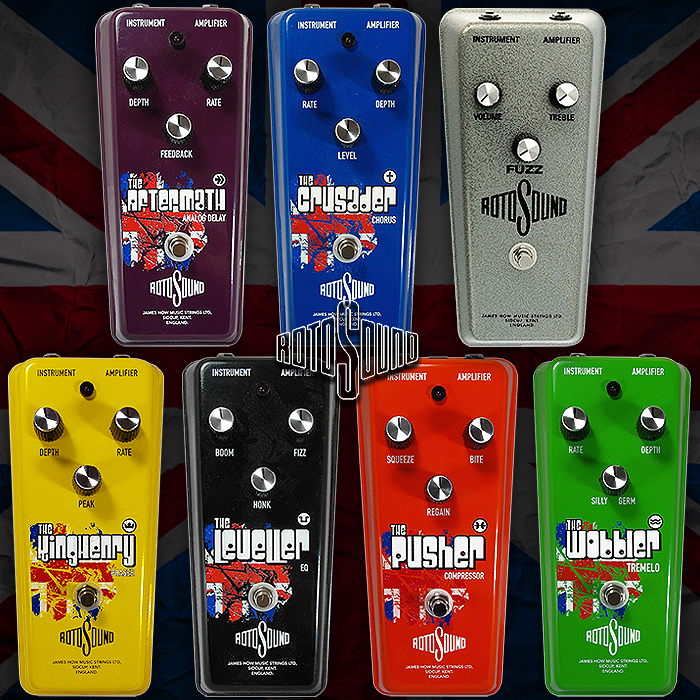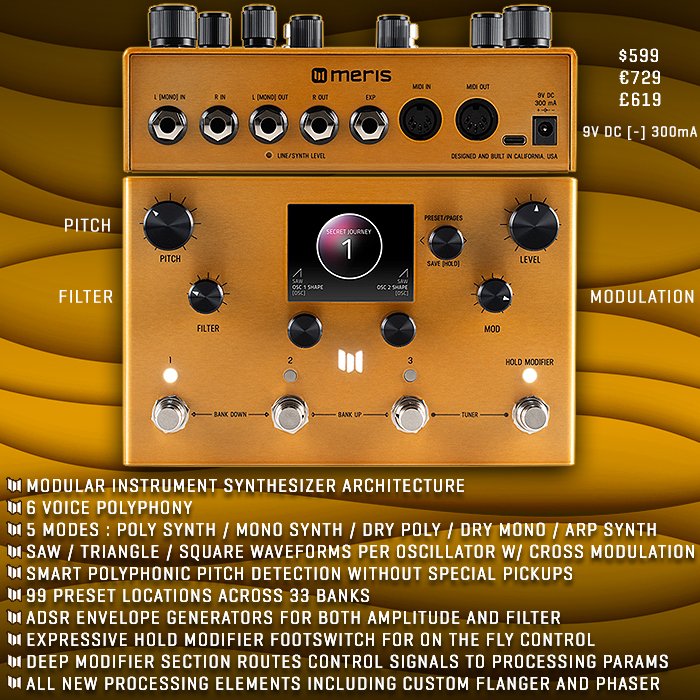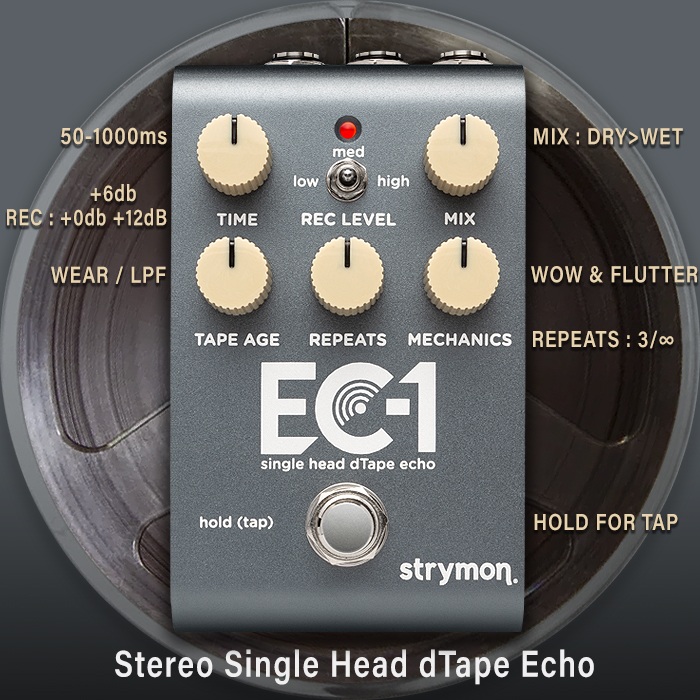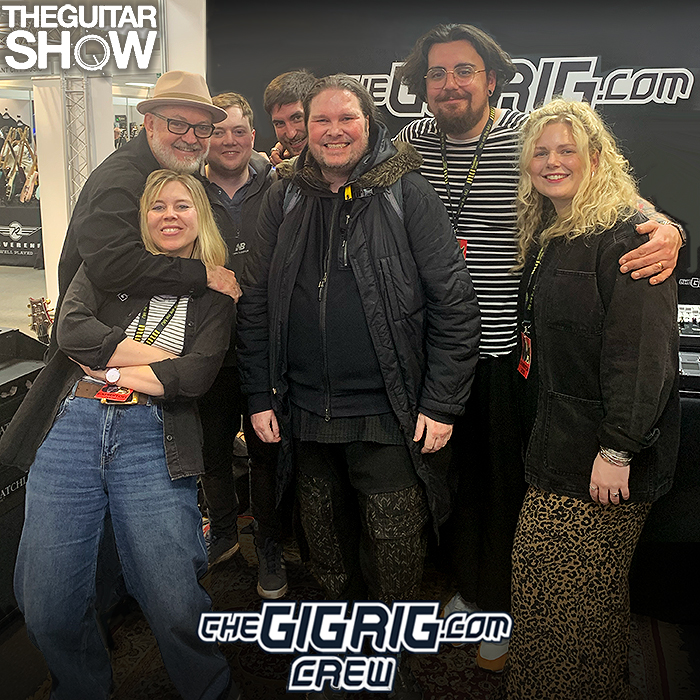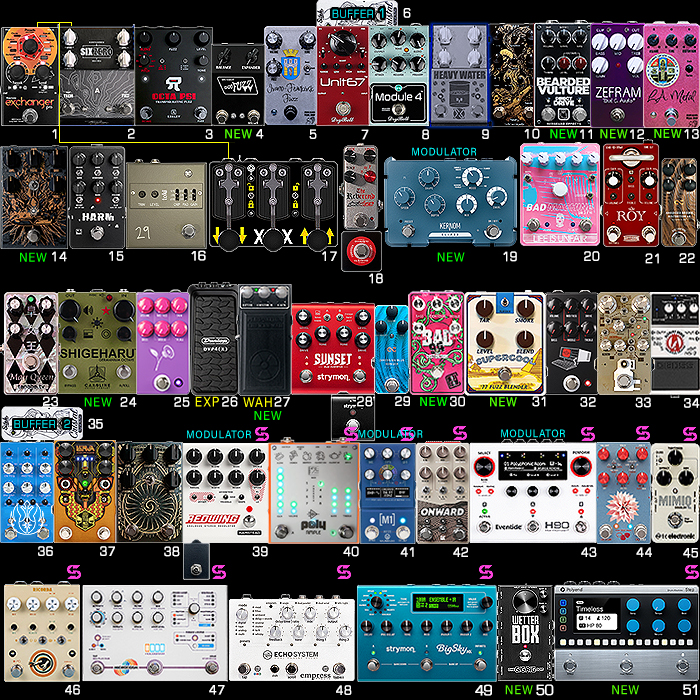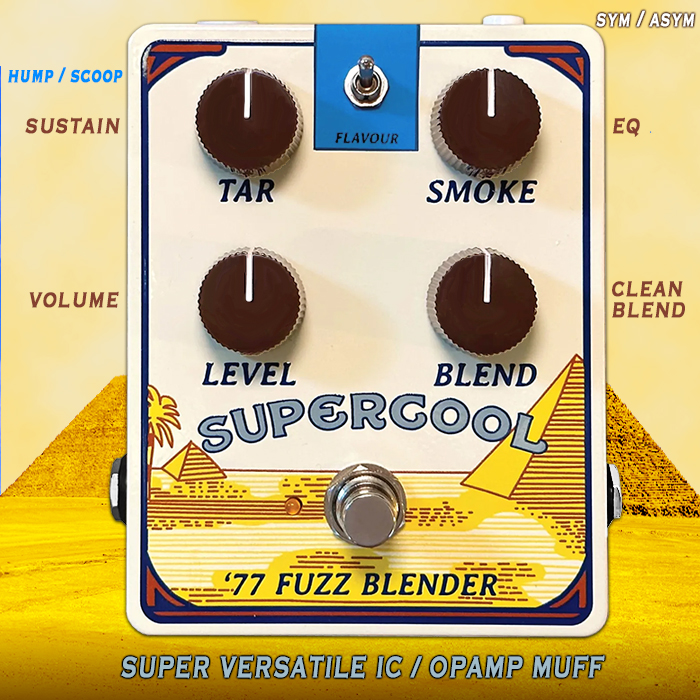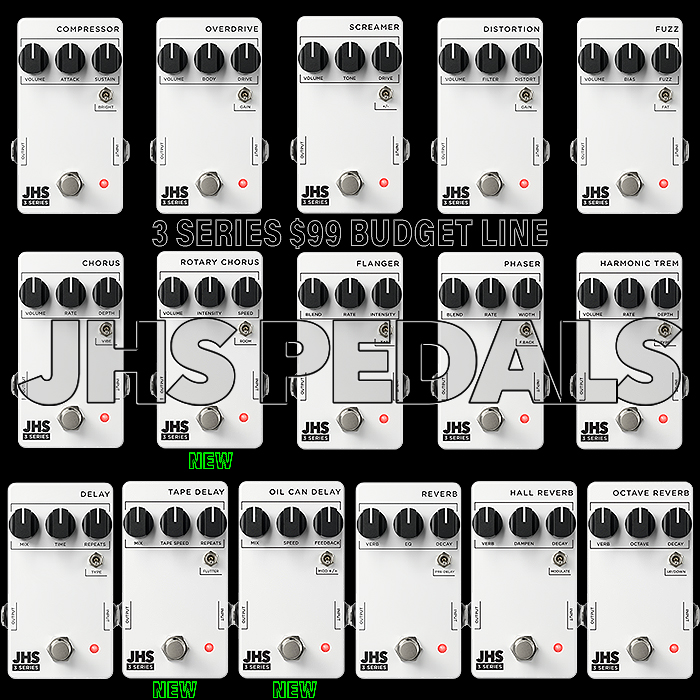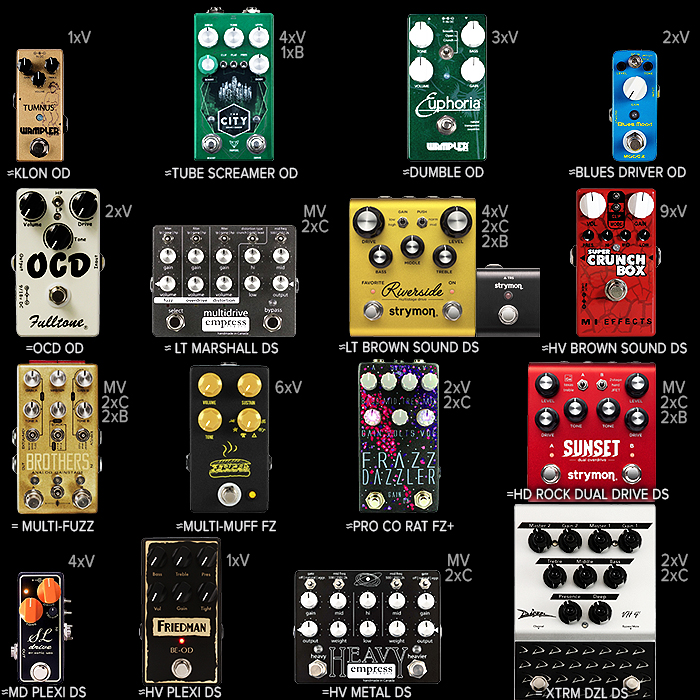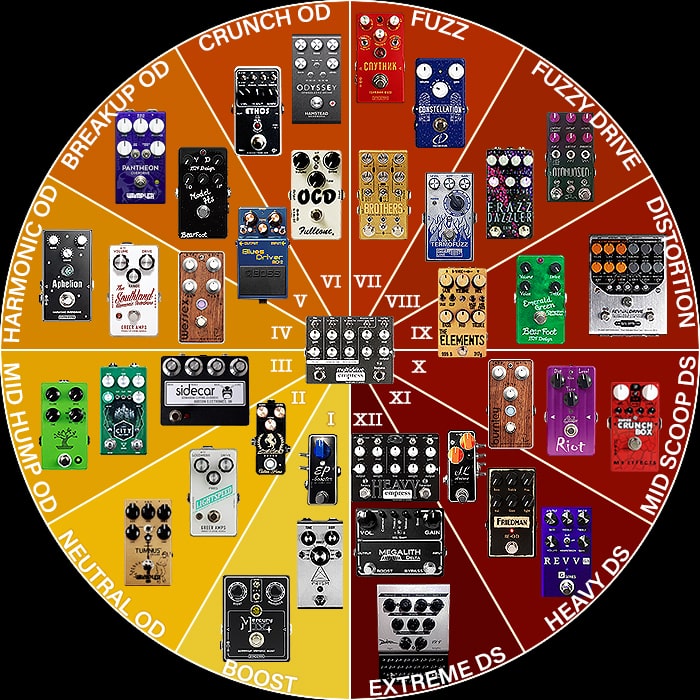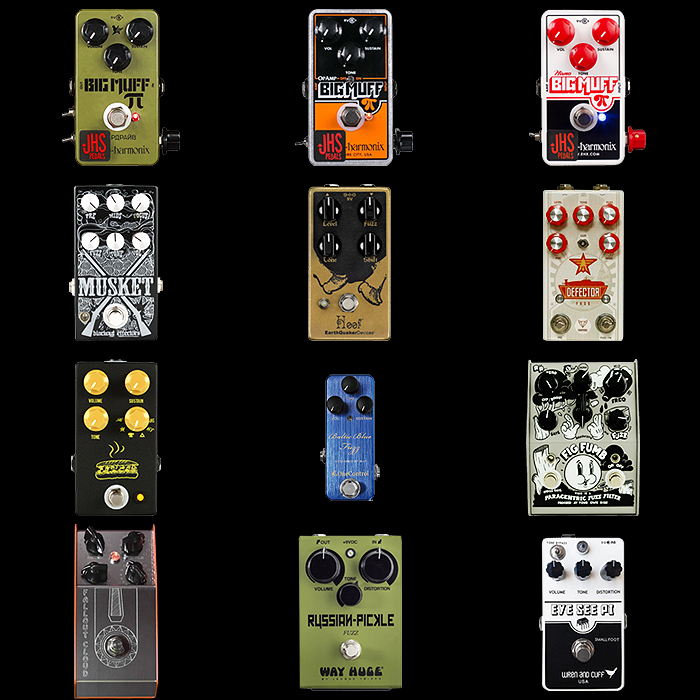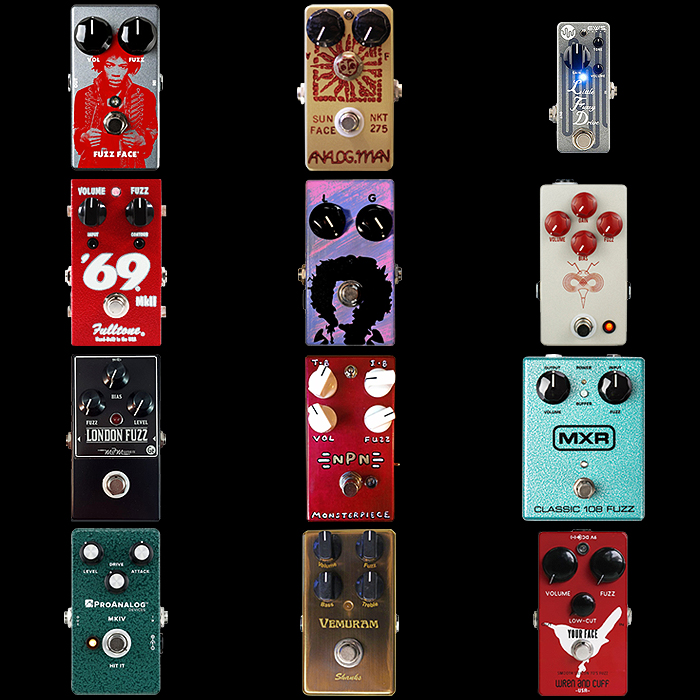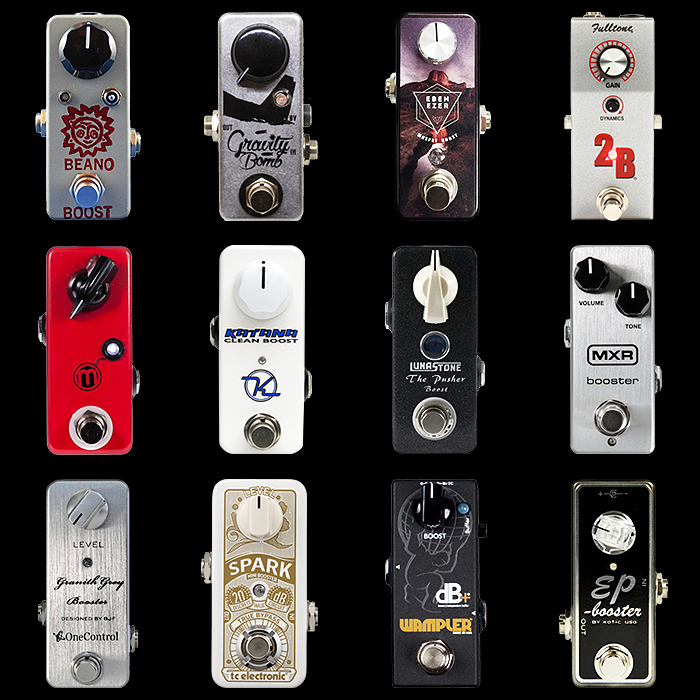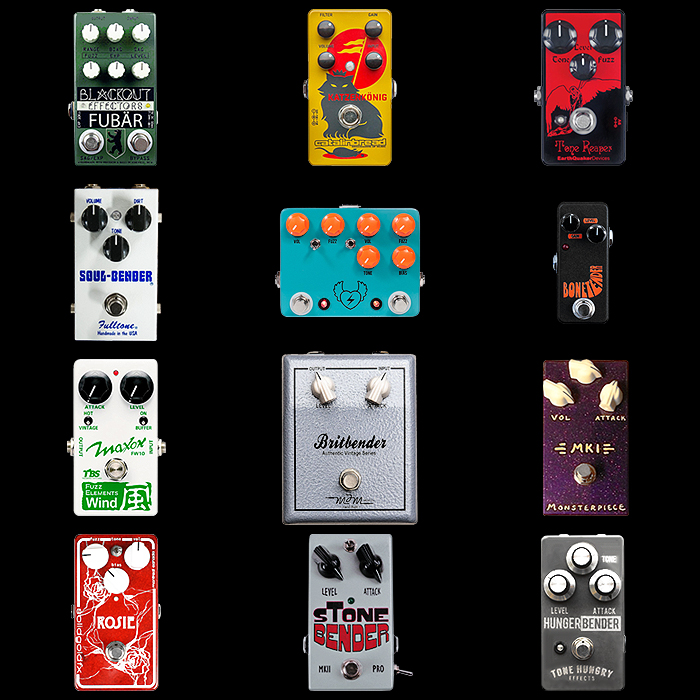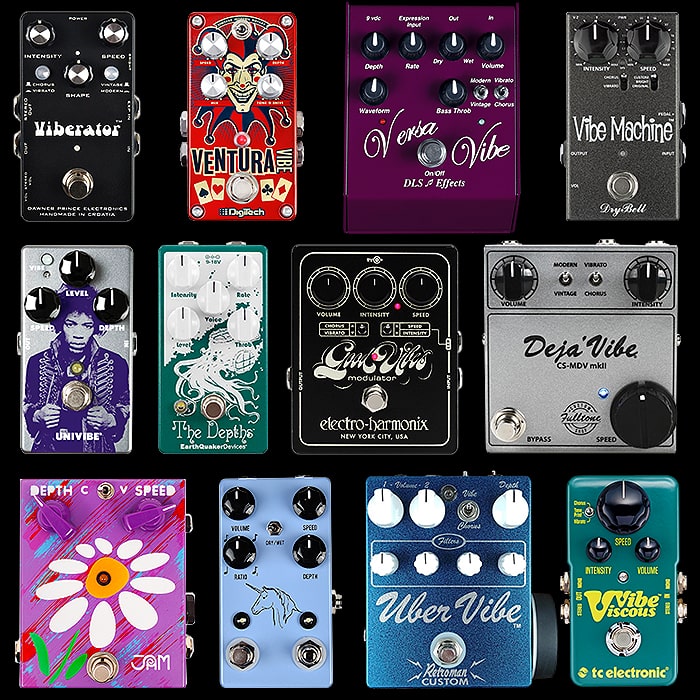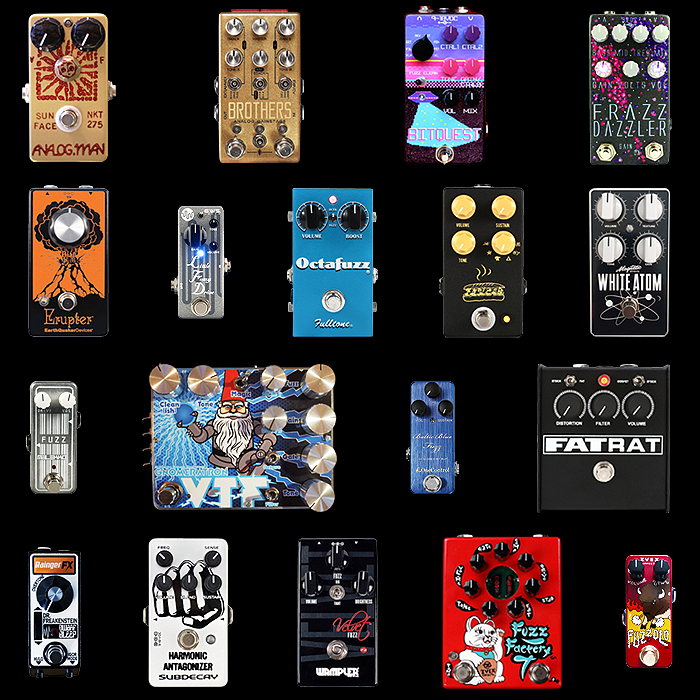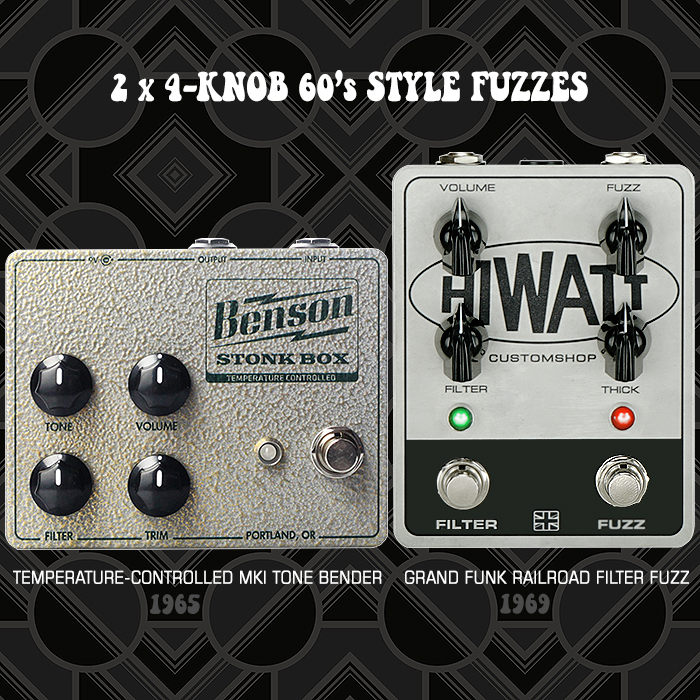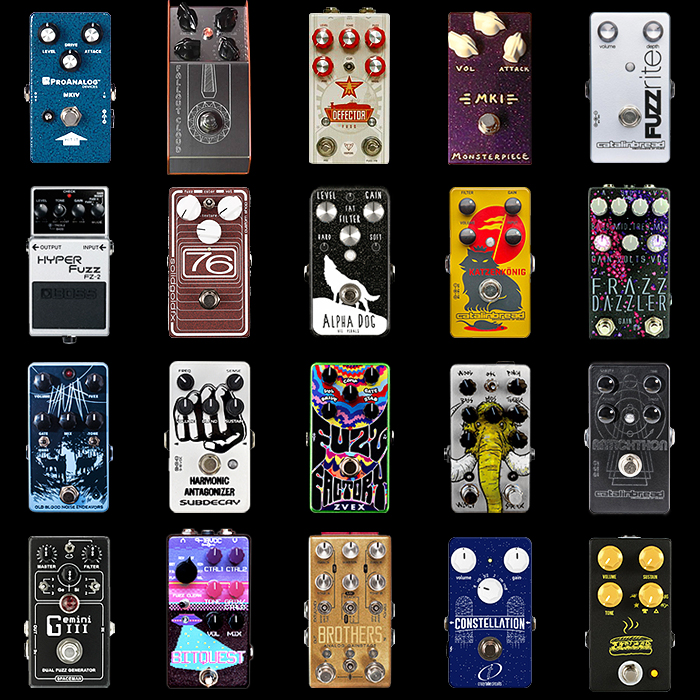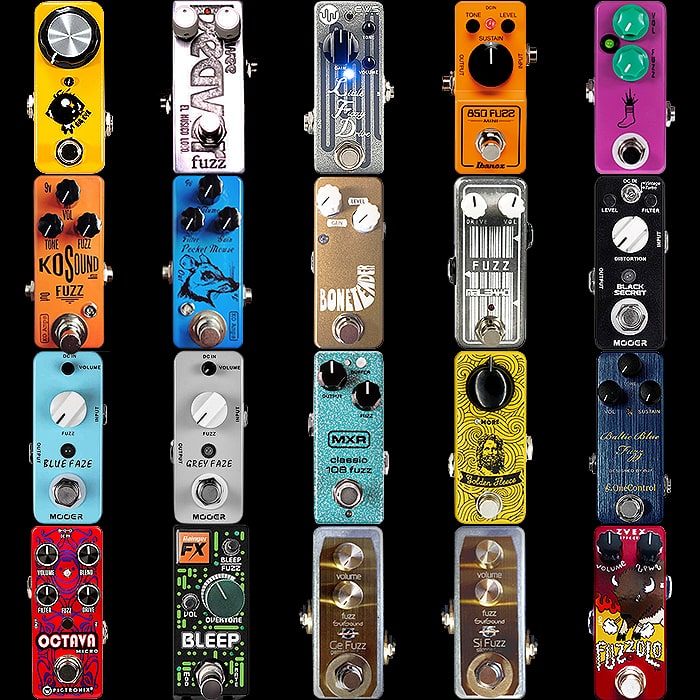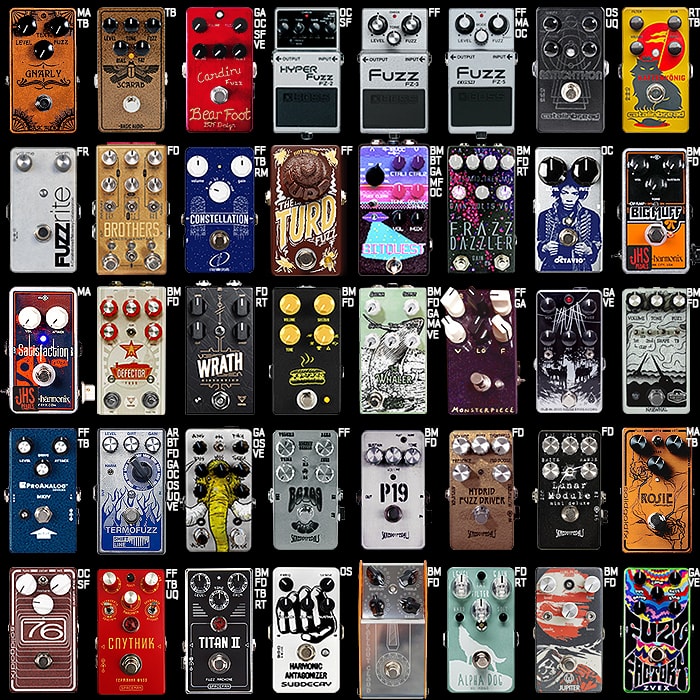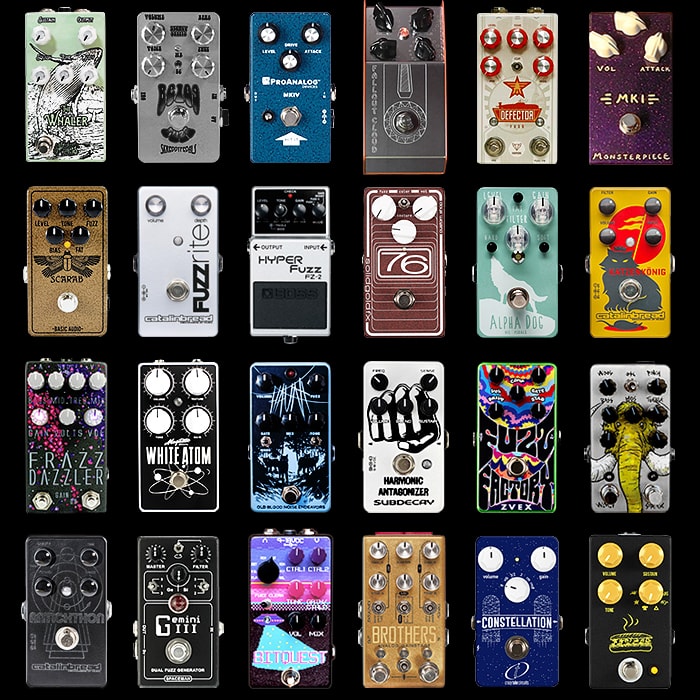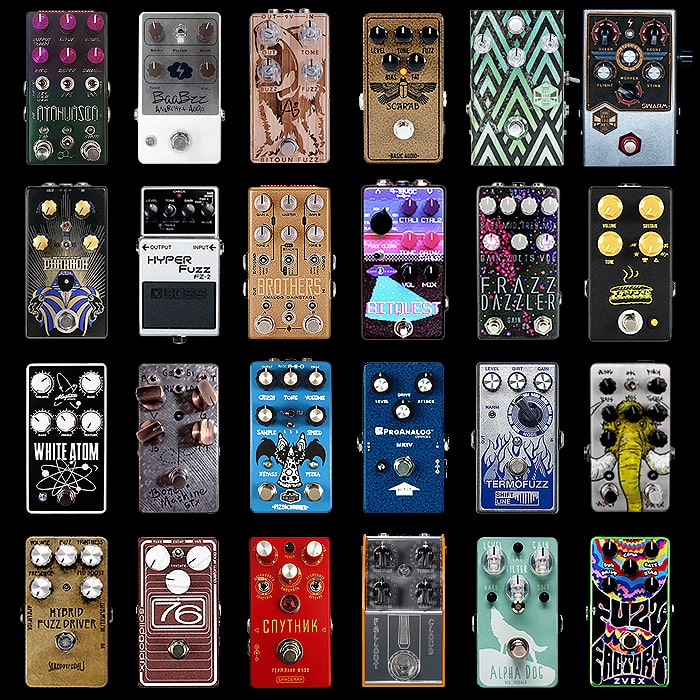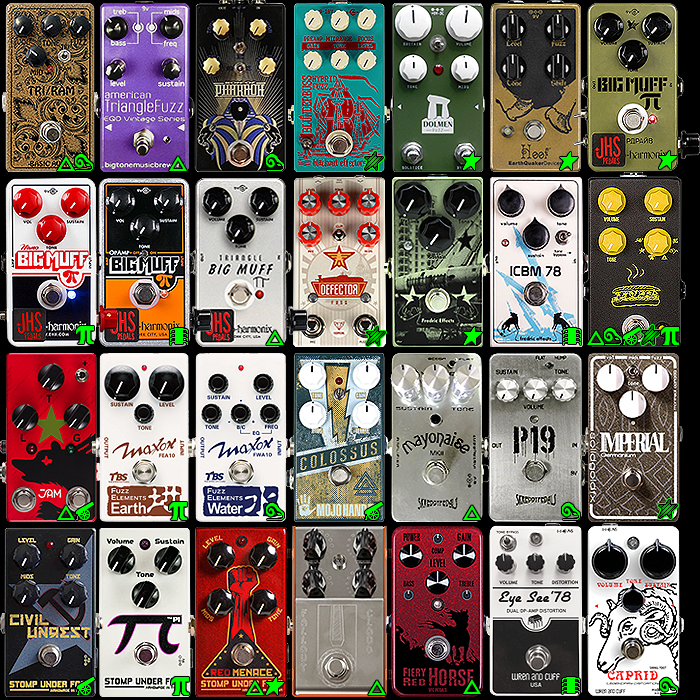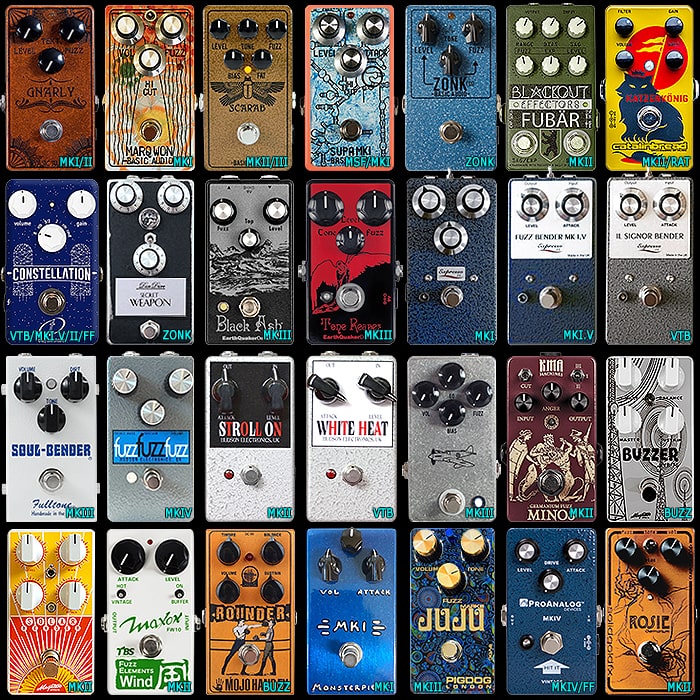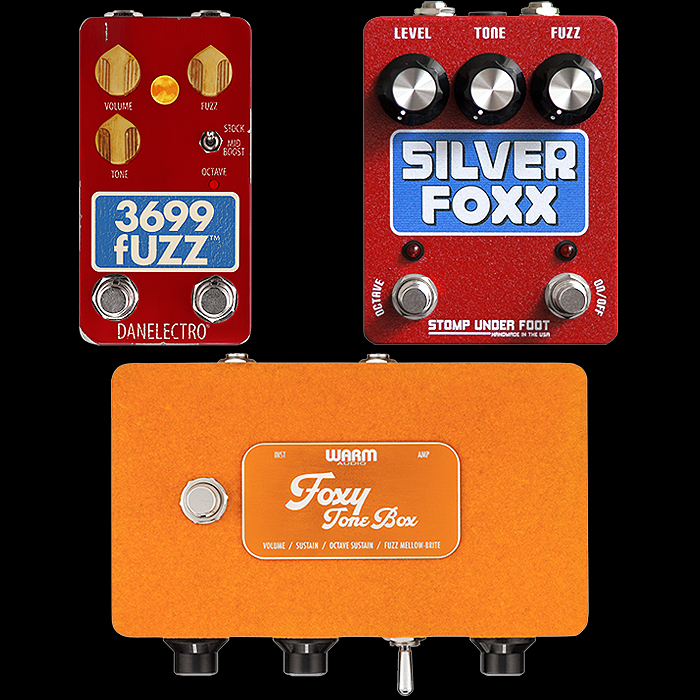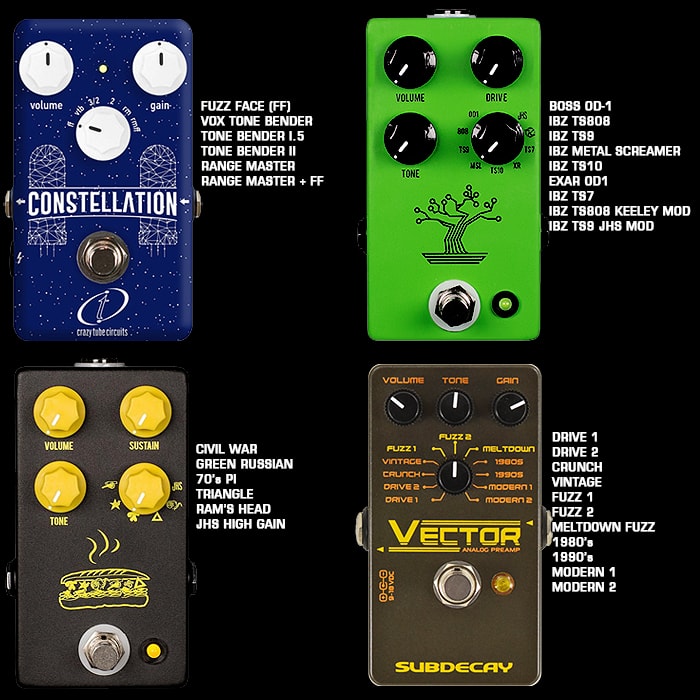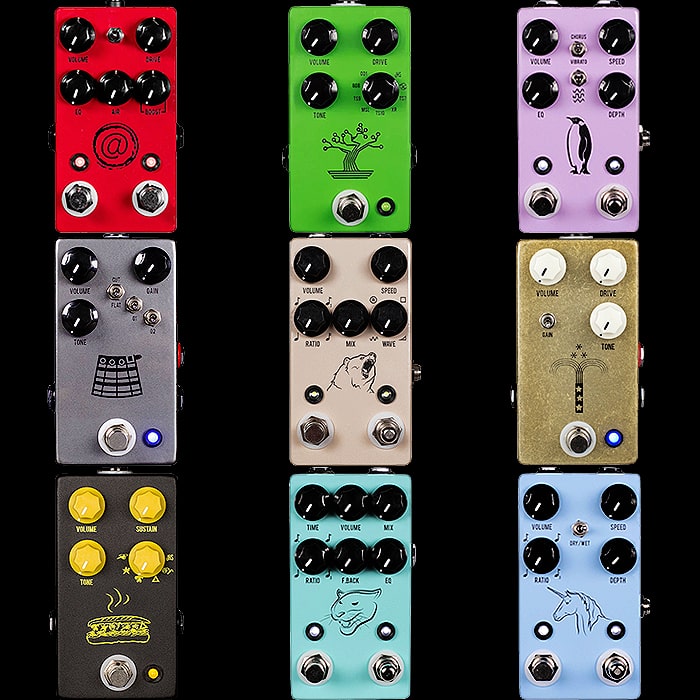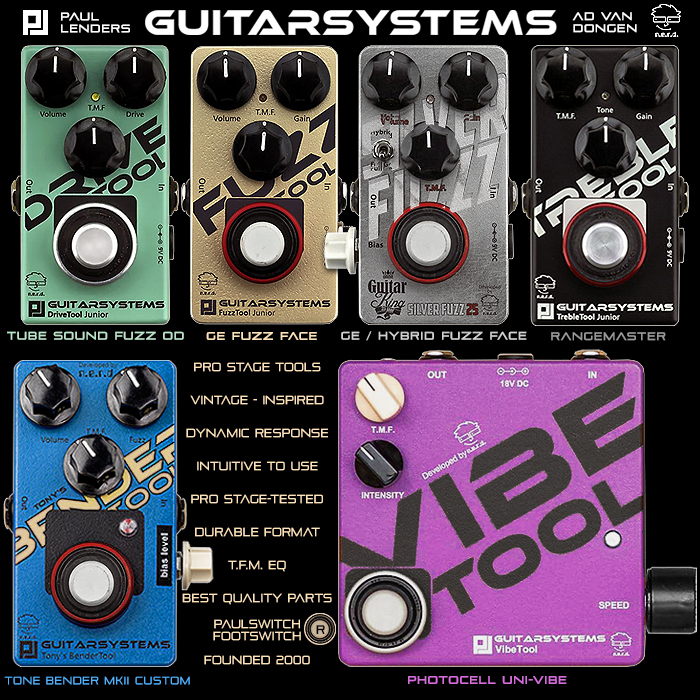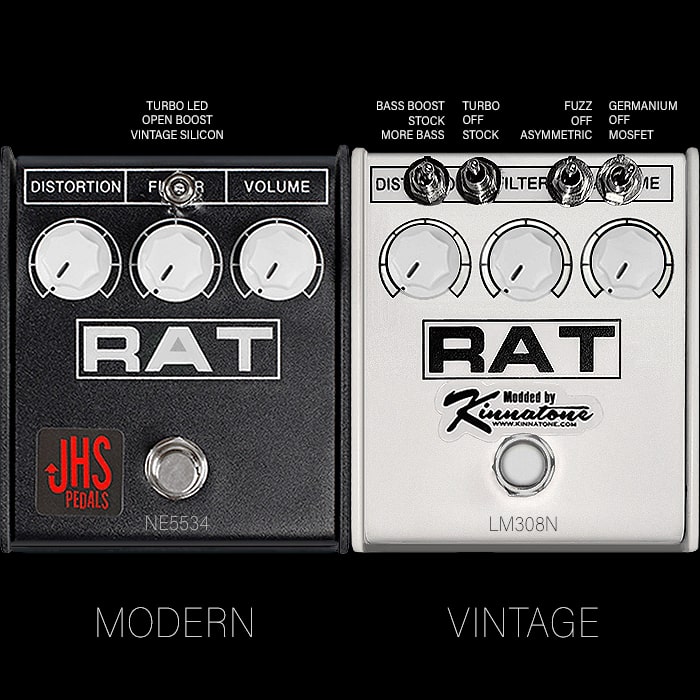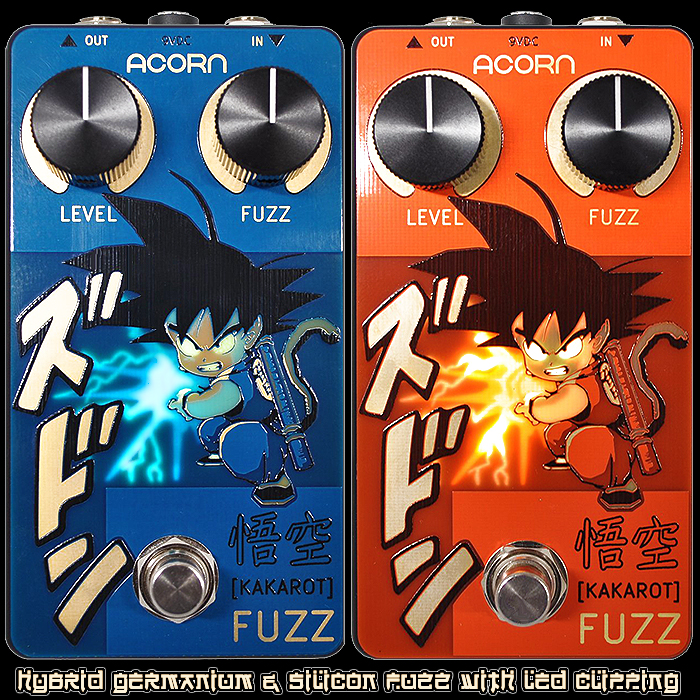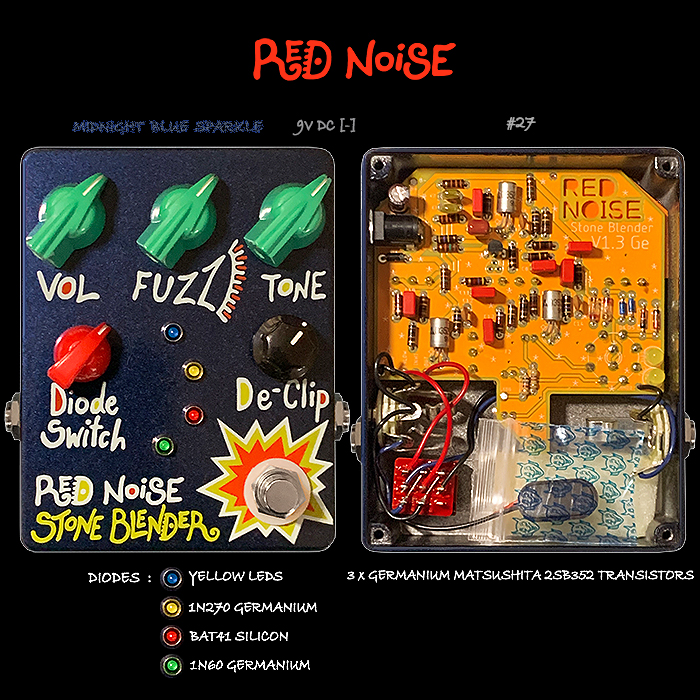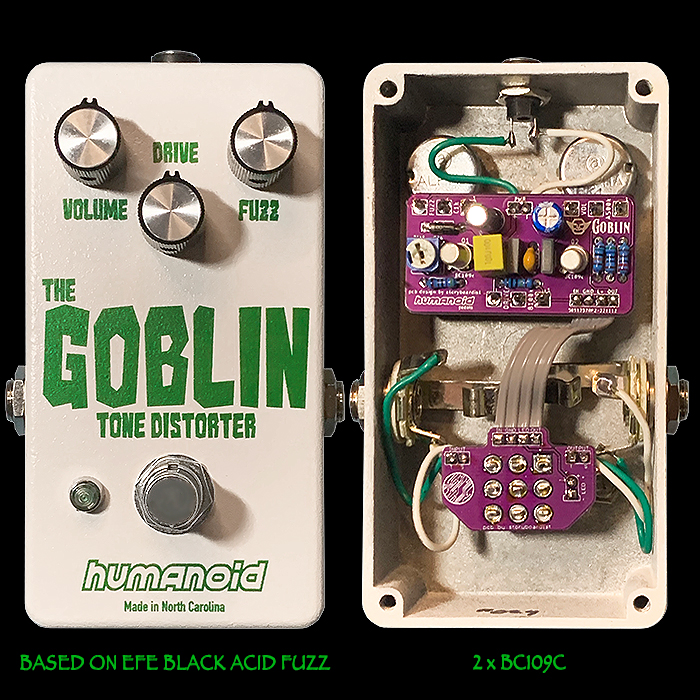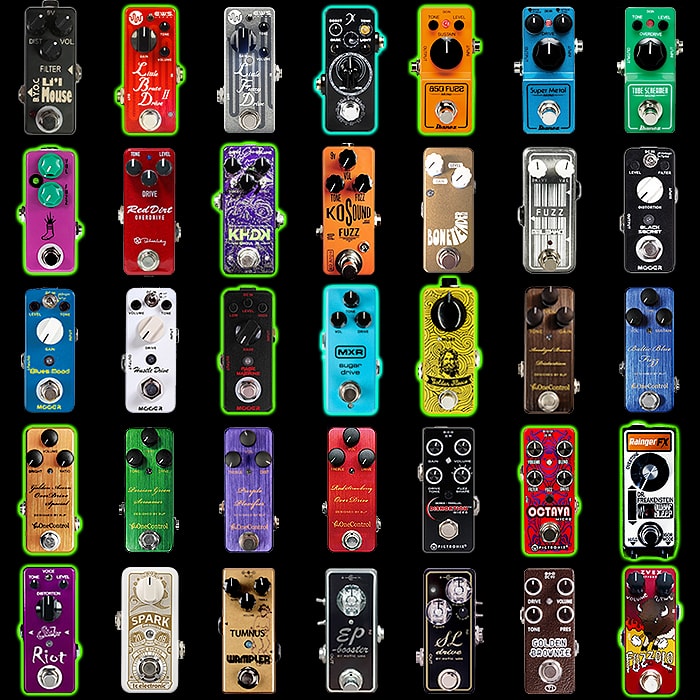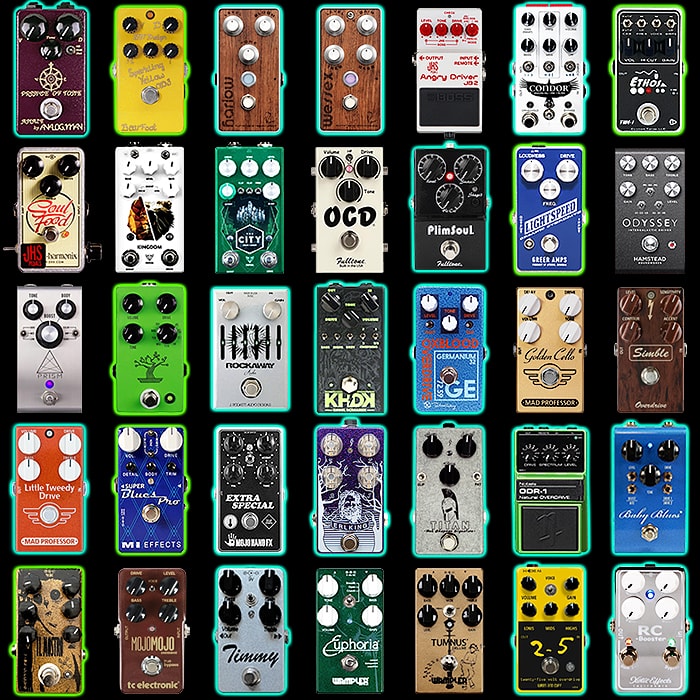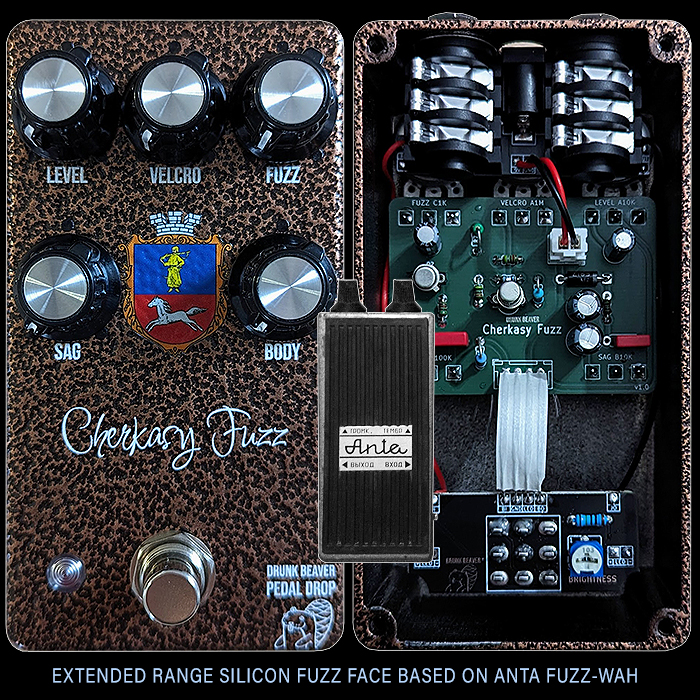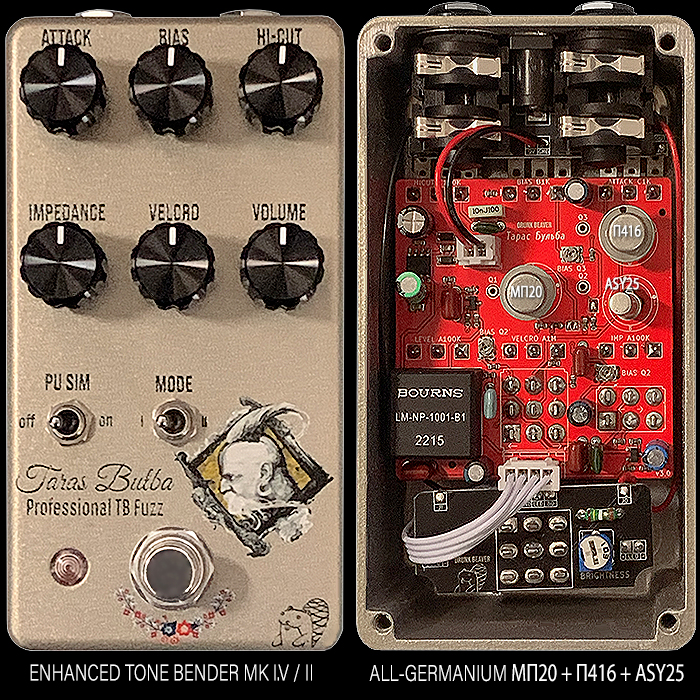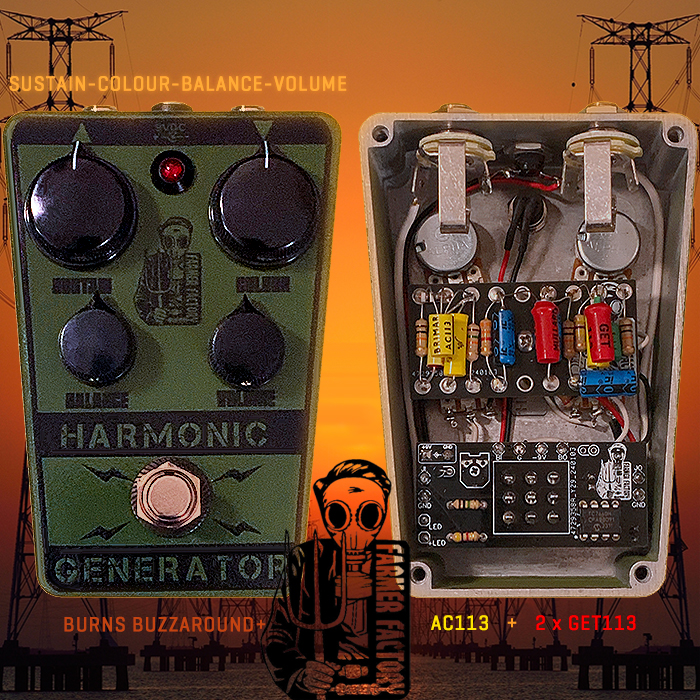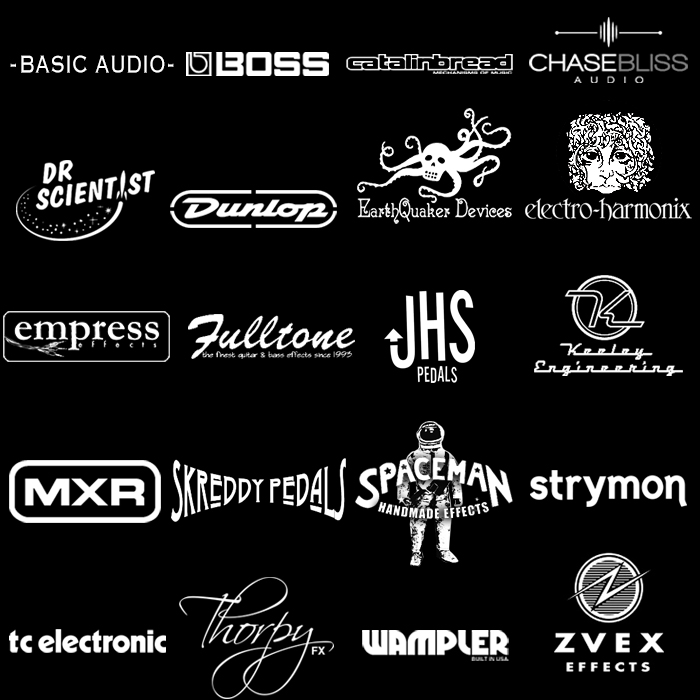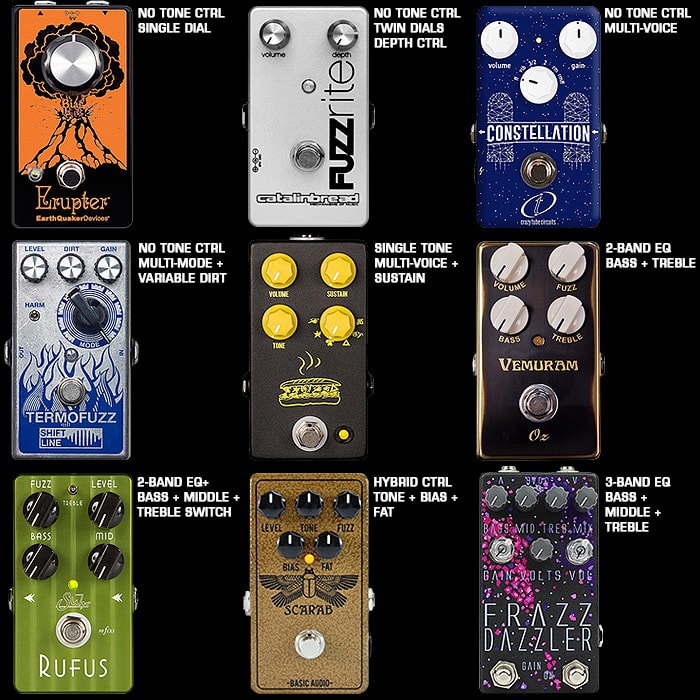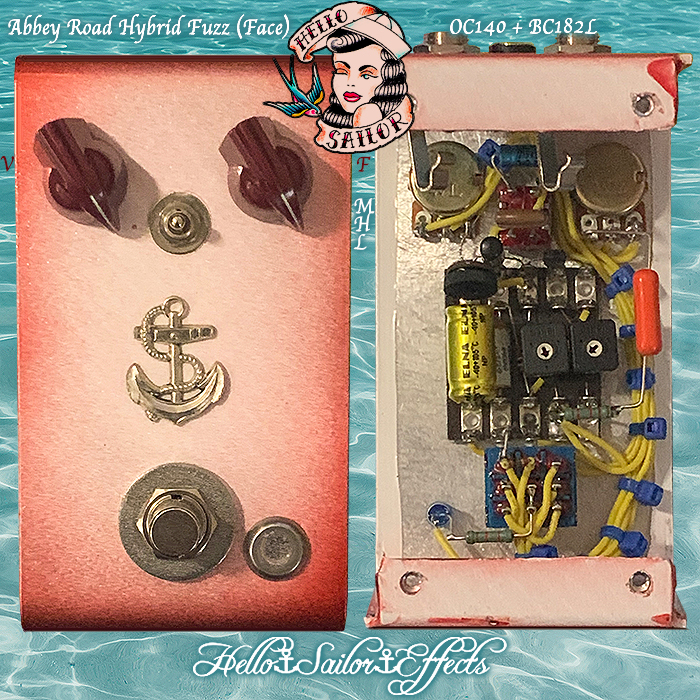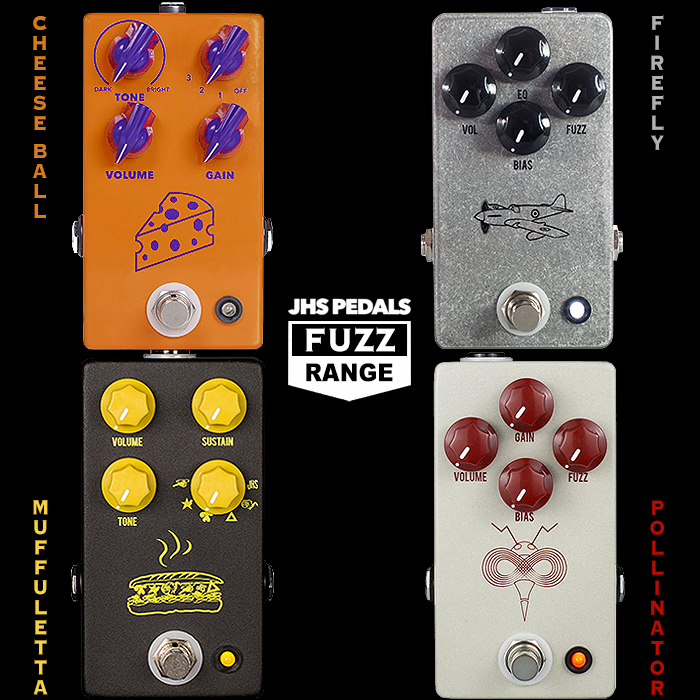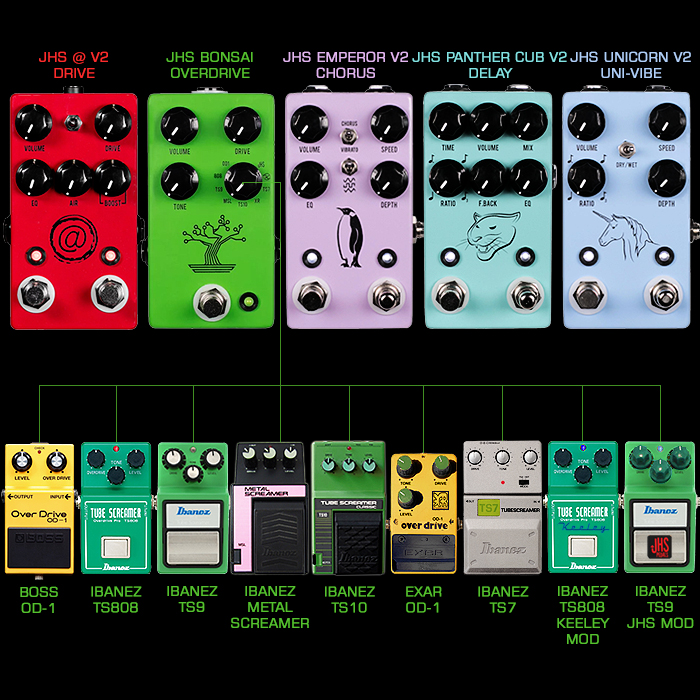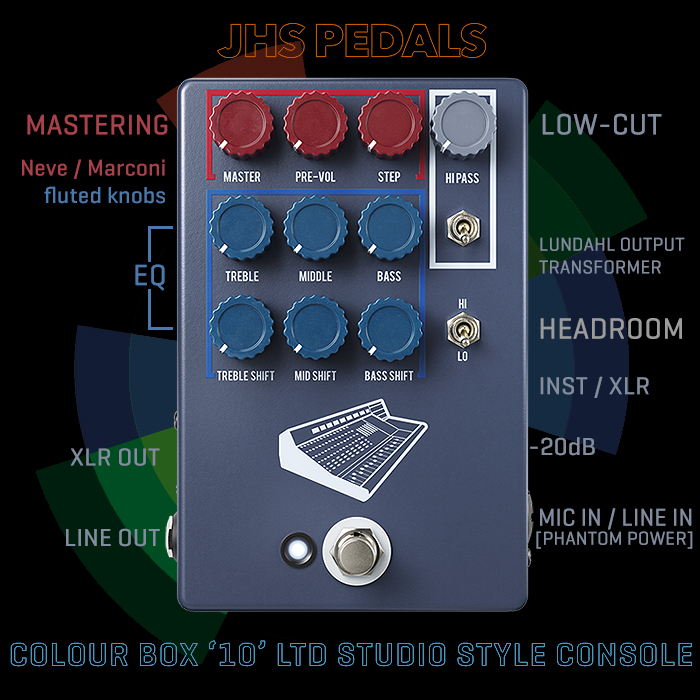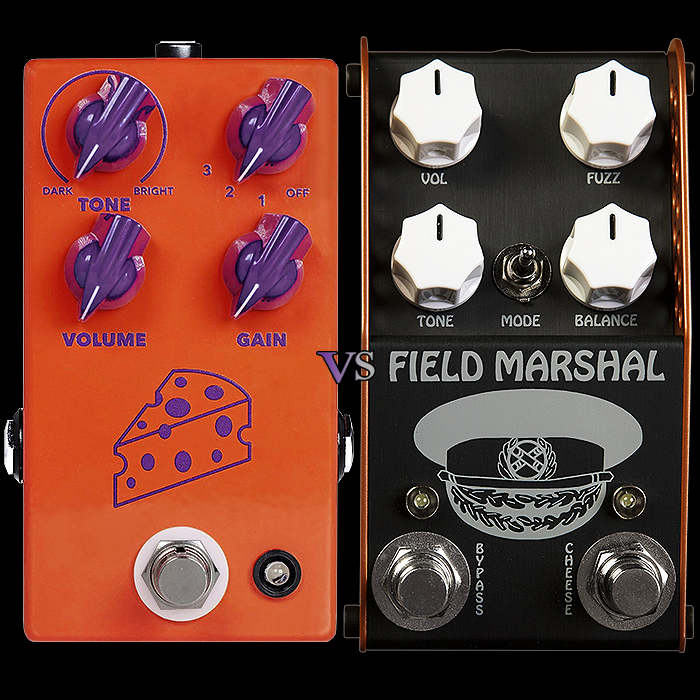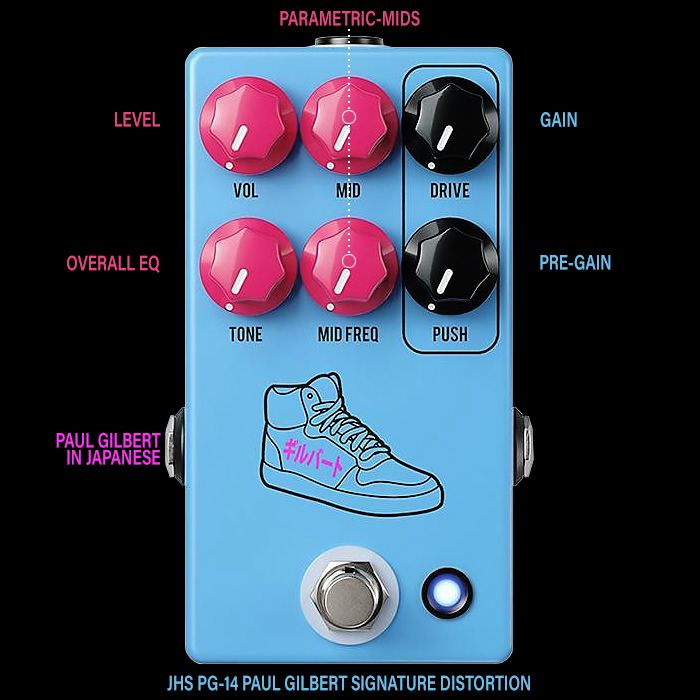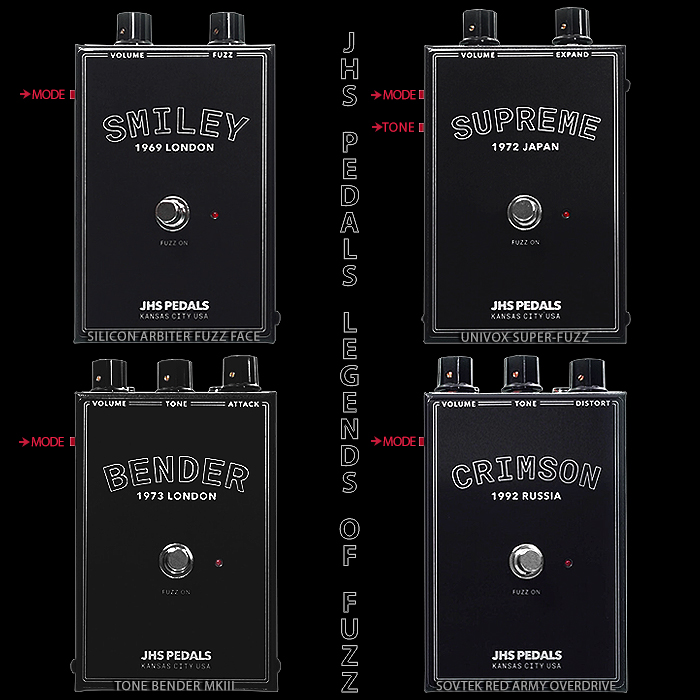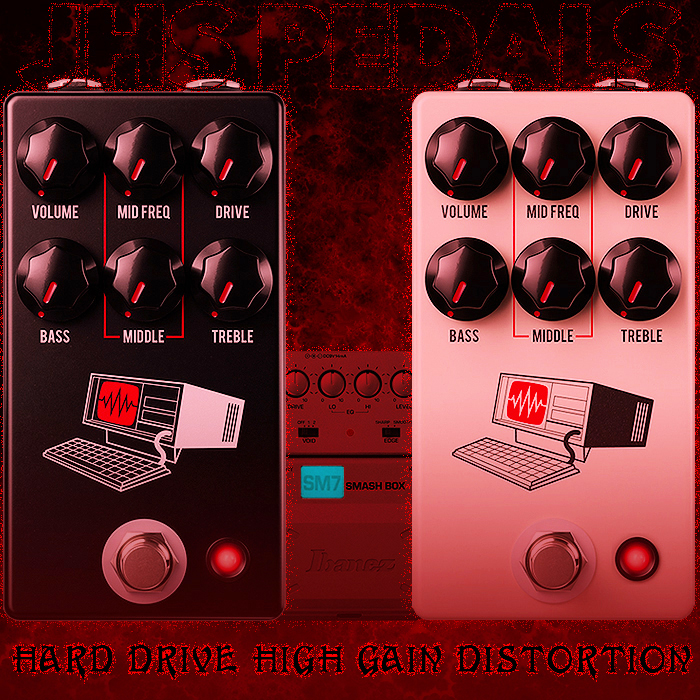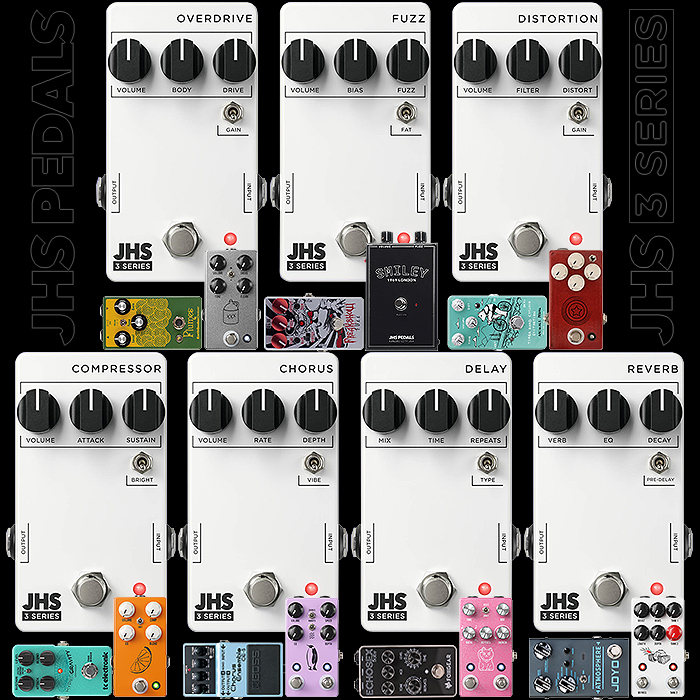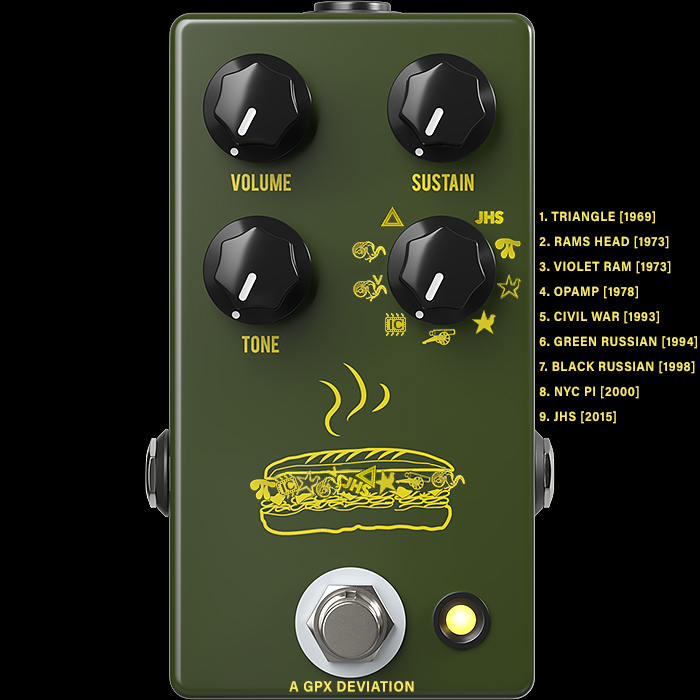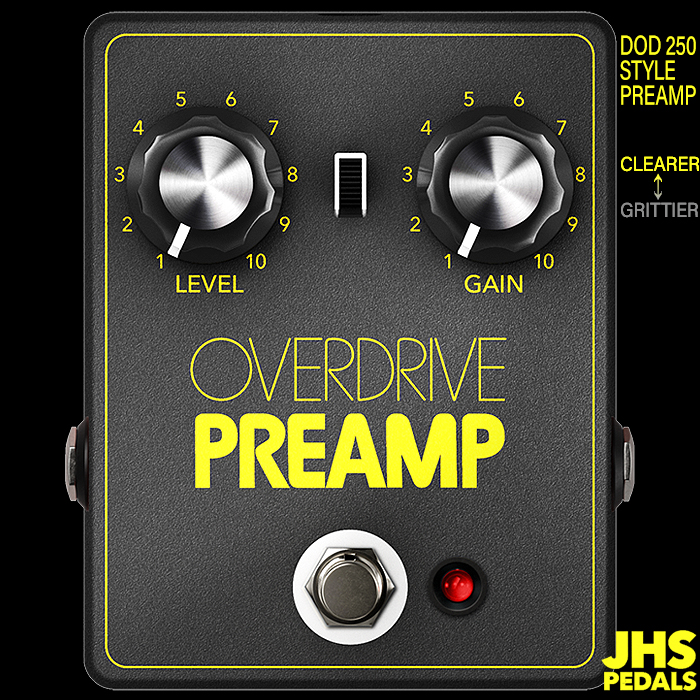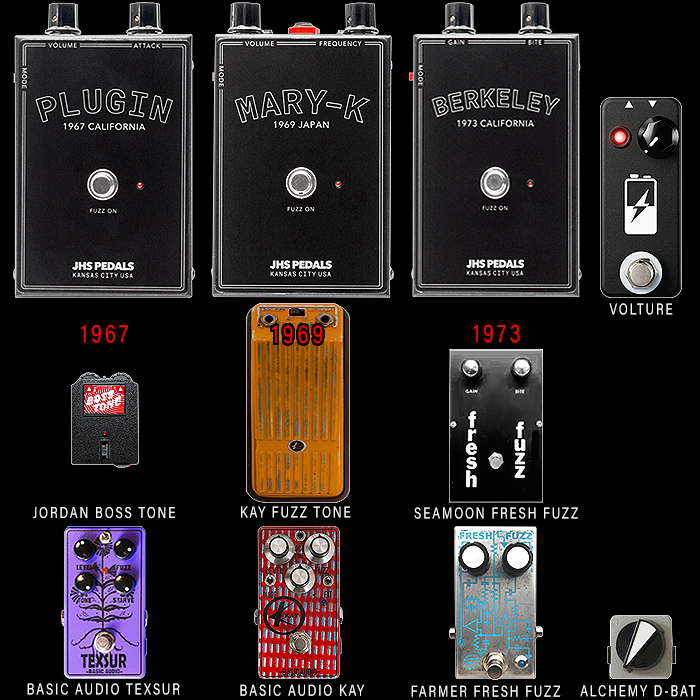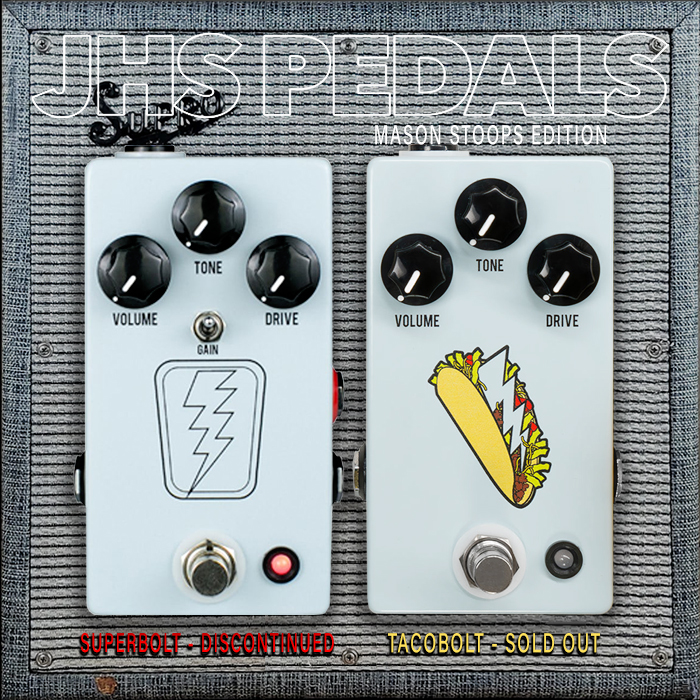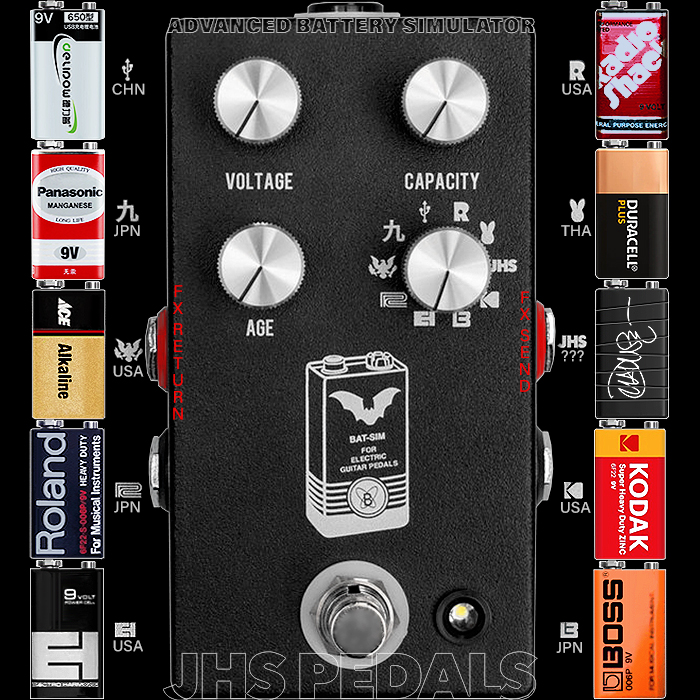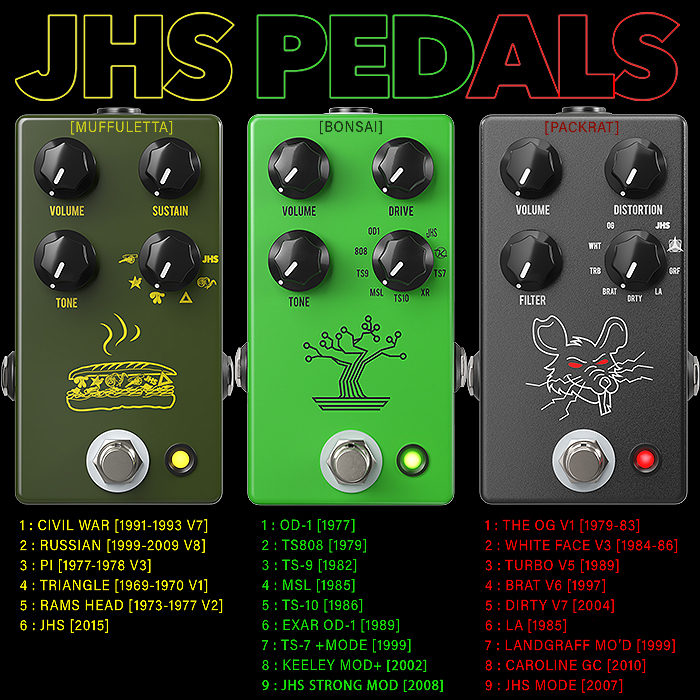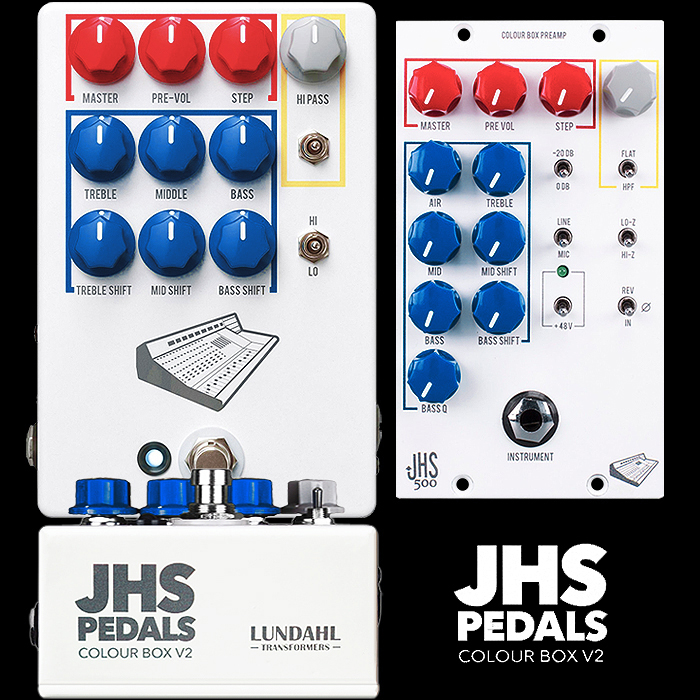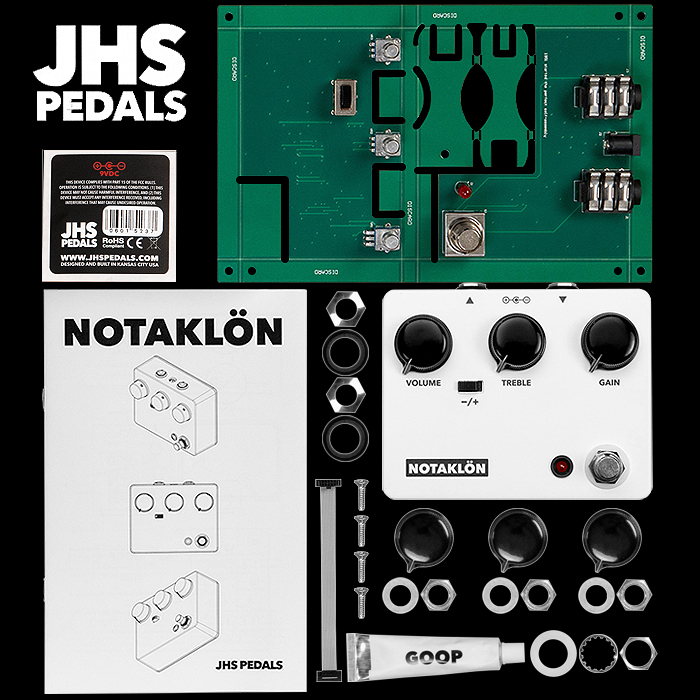JHS Pedals Makes Curious Detour Into Pricey Collectibles Territory
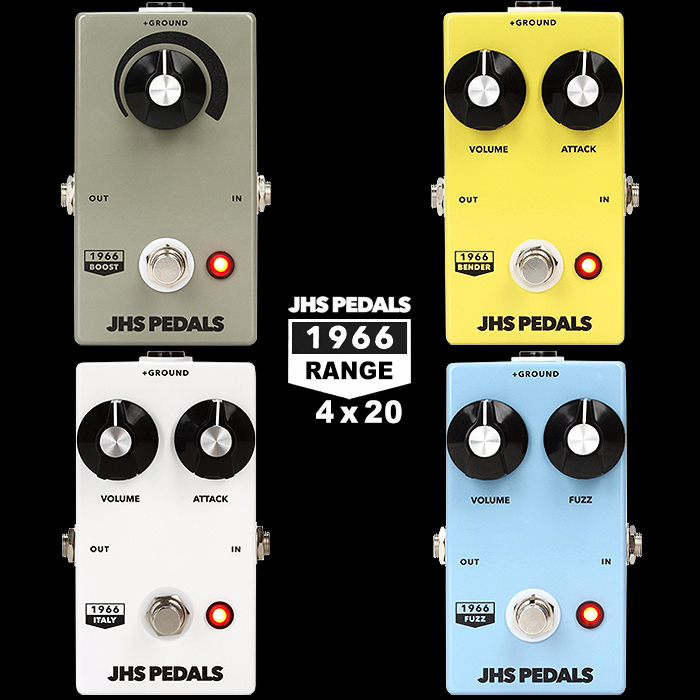
I have to start by saying I was really excited to see what Josh Scott was going to be releasing today - as his teaser campaign worked well at building up intrigue. I spotted single and dual transistor circuits - possibly a pair of Tungsram AC128 transistors - so I was definitely thinking in the ballpark of Fuzz Face and RangeMaster style pedals. Yet I must admit that the full reveal has taken me somewhat by surprise.
Firstly there are 4 pedals to this ’1966’ Limited Series / Range - 3 x dual transistor circuits - based on a MK I.V Tone Bender (Bender), Vox Tone Bender (Italy), Germanium Fuzz Face (Fuzz) and the aforementioned single transistor RangeMaster Boost (Boost). Each supposedly handwired by Josh Scott himself, and limited to 20 units a piece at $400 a pop!
Josh makes a big show of explaining the history and heritage of each pedal and demo’s them admirably per the below video - in his usual charming style. So far nothing particularly unusual - apart from the sky high pricing, and the pedals being billed as containing pretty authentic rare NOS components - which would surely go some way towards justifying the high ticket price.
The 3 Fuzz Lords as I call them - Stu Castledine, Steve Williams (PigDog), David Main (D*A*M) all put out pricey handwired pedals with rare parts - but in their cases they are very specific about naming the parts they use - and making sure that the circuits really are as authentic as possible with exact British period-correct components as used in the original pedals.
That would mean Mullard OC44 for the RangeMaster, 2 x Mullard OC75 for the MKI.5, 2 x OC75 for the Vox Tone Bender, and 2 x TO-1 Newmarket NKT275’s for the Fuzz Face. As mentioned, I believe that the Fuzz Face here sports the same transistors as the core JHS Fuzz Face style Fuzz - the 4-knob Pollinator - or the Tungsram AC128, while it’s unclear what the provenance of the others is, where some definitely look to have Russian style metal casings.
I have no issues with $400 limited edition pedals - but I balk somewhat at the lack of references, provenance and proper authenticity here - why mentioned NOS parts and then not name them? Yes these fuzzes sound pretty great, but they are not made with fully authentic period-correct components which the ’1966’ branding would seem to imply. I’m not going to name any names here - readers of this blog will be more than familiar with who I am referring to, but there are certainly a number of builders who make properly authentic and fully vintage fuzz pedals with the period-correct components, and several for a lot less than the above quartet.
Aesthetically there is not that much appeal to these pedals either, certainly not for me .In fact the standard JHS line has more attention to detail put into the graphics and aesthetics of the enclosures. I would struggle to think who precisely these 4 pedals would be aimed at. I for instance am a true proper fuzz fan with now more than 160 fuzzes in my collection and quite a number of high ticket price - yet I most certainly don’t feel I need to add any of these to the collection.
JHS used to make a fantastic MKIII style Tone Bender called the Firefly which I have, and they still make the excellent 4-knob Pollinator Germanium Fuzz Face pedal which I believe contains the same AC128 Transistors as in the 1966 variety ’Fuzz’ referenced here - and which I will probably acquire eventually in any case. I think the vast majority of players would be better served by those pedals.
When I consider all the details here, this seems really quite a strange chapter in the history of JHS Pedals as I’m not at all sure who these pedals appeal to - they’re certainly quite a different proposition to the main range. I truly feel both JHS and you could do better ...
What are your thoughts?
If you are still tempted - these pedals are exclusive available from Sweetwater.com
Update! Seems like all 80 pedals sold out within just a few hours! My fellow humans still continue to surprise me!

